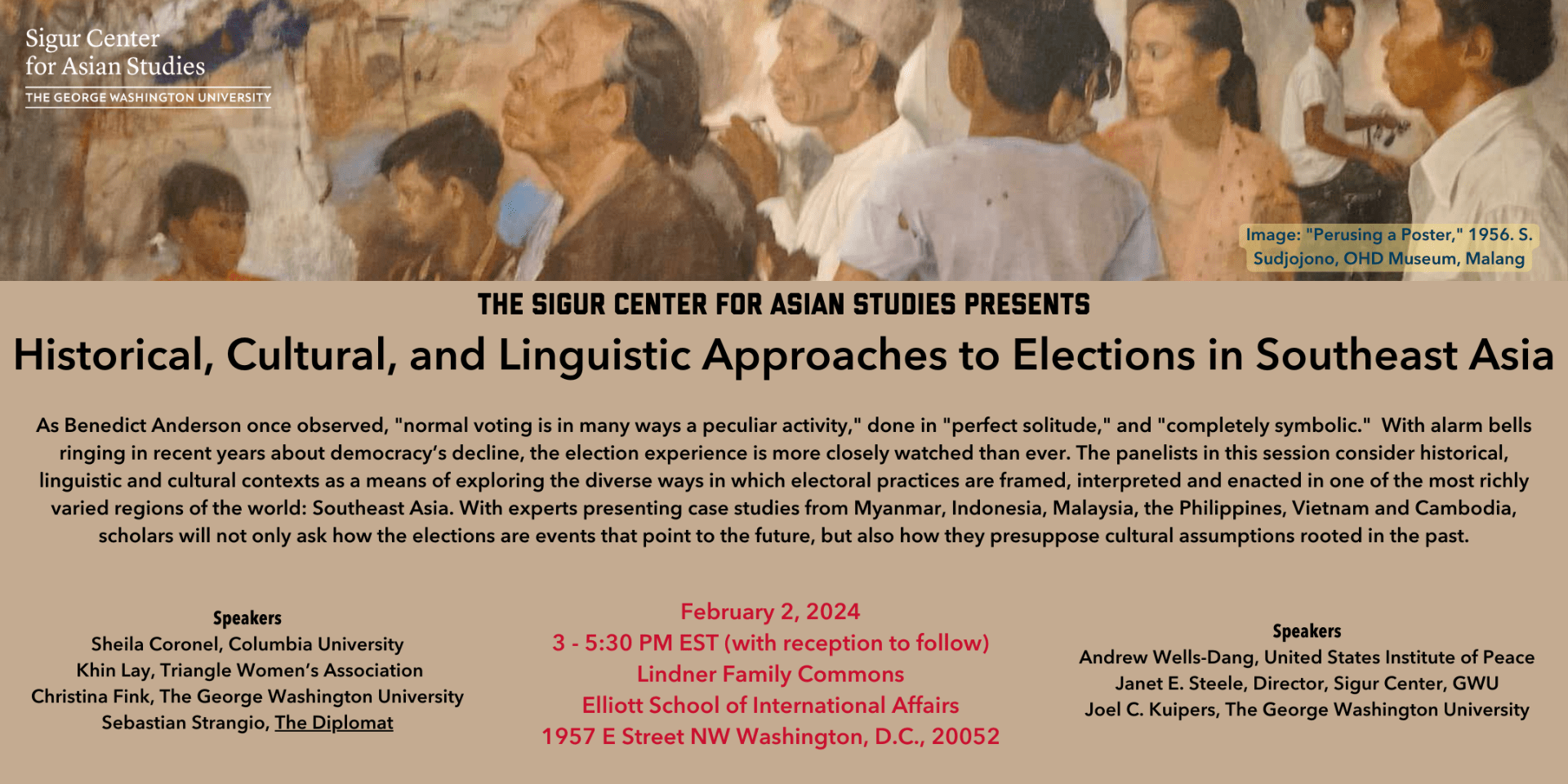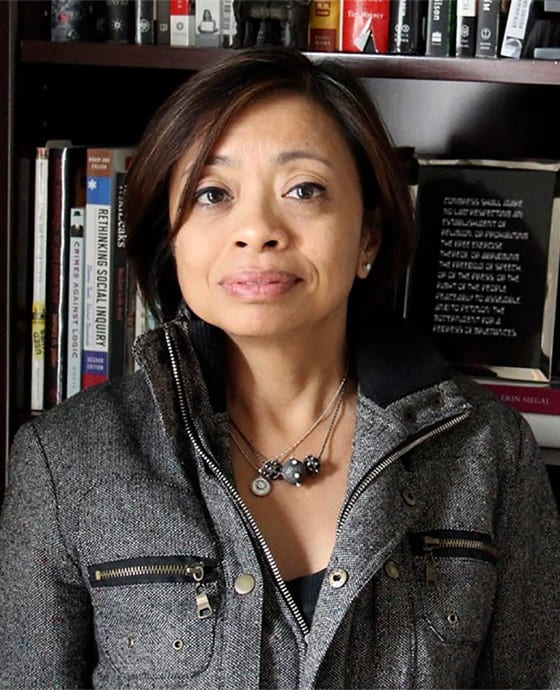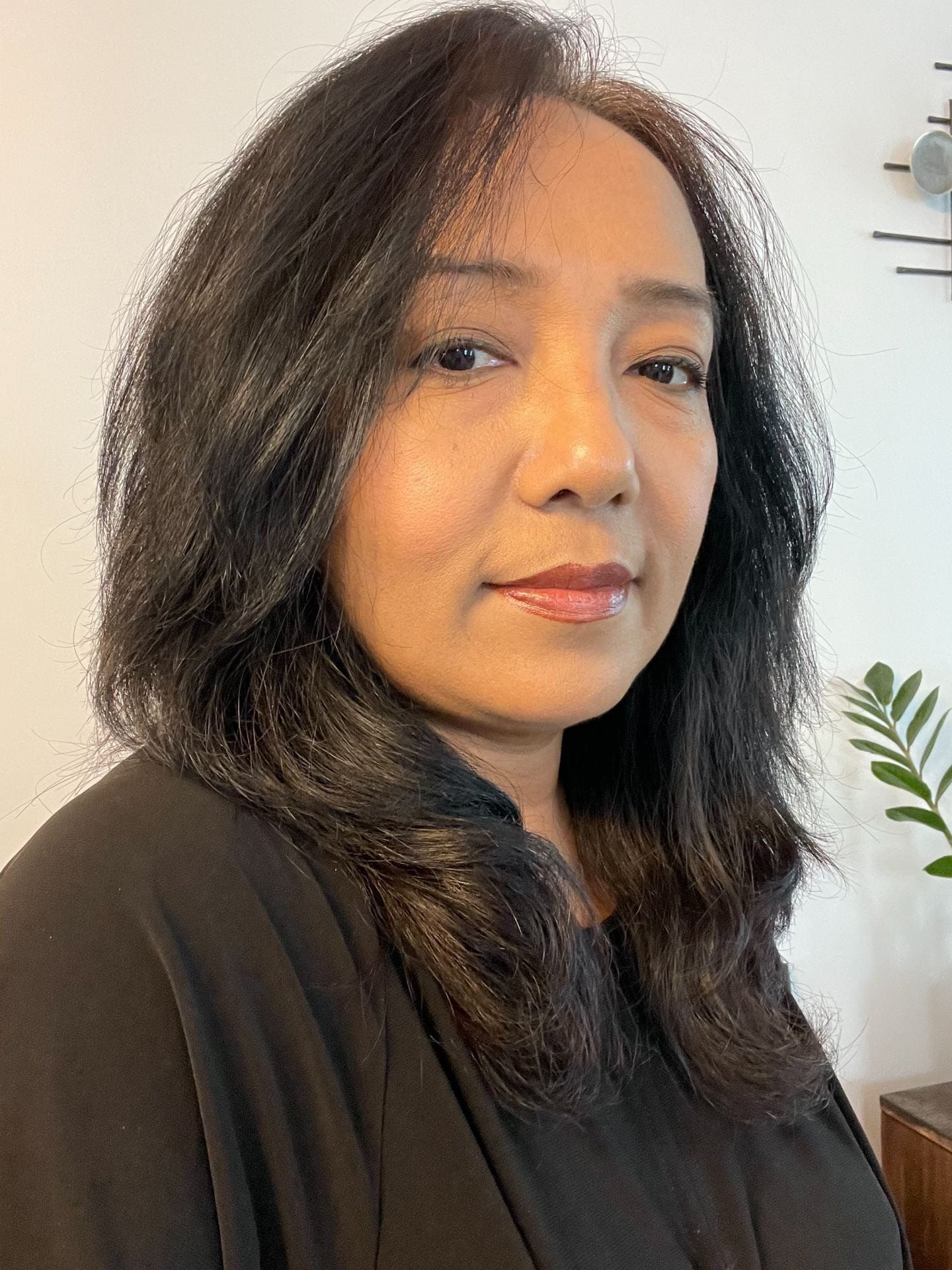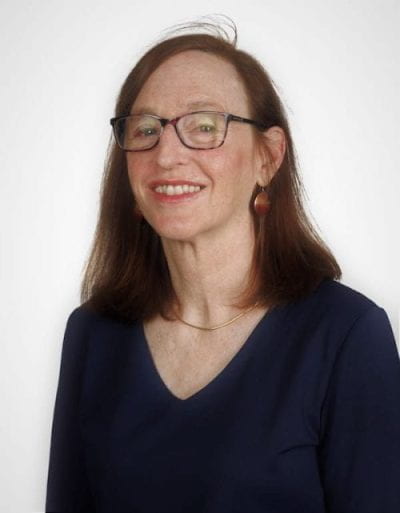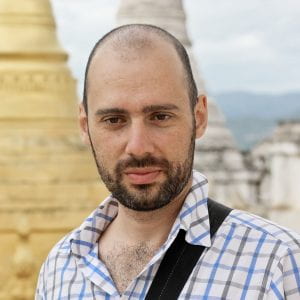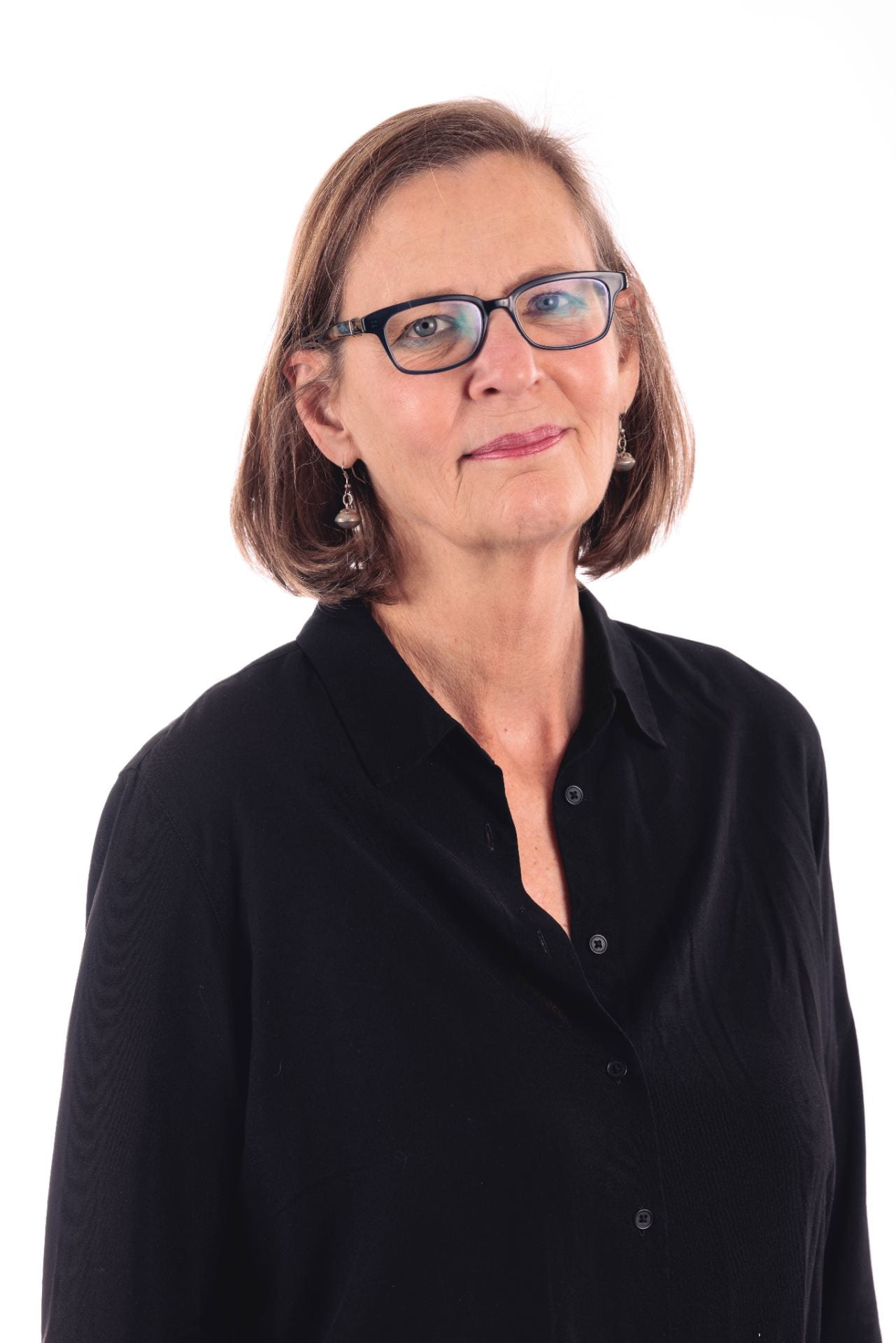Friday, February 2, 2024
3:00 – 5:30 PM ET
Lindner Family Commons, Room 602
Elliott School of International Affairs
1957 E Street NW Washington, D.C. 20052
As Benedict Anderson once observed, “normal voting is in many ways a peculiar activity”:
One joins a queue of people whom one does not typically know, to take a turn to enter a solitary space, where one pulls levers or marks pieces of paper, and then leaves the site with the same calm discretion with which one enters it – without questions being asked. It is almost the only political act imaginable in perfect solitude, and it is completely symbolic.
With alarm bells ringing in recent years about democracy’s decline, the election experience is more closely watched than ever. But how just much can elections tell us? The panelists in this session consider historical, linguistic and cultural contexts as a means of exploring the diverse ways in which electoral practices are framed, interpreted and enacted in one of the most richly varied regions of the world: Southeast Asia. With experts presenting case studies from Myanmar, Indonesia, Malaysia, Philippines, Vietnam and Cambodia, scholars will not only ask how the elections are events that point to the future, but also how they presuppose cultural assumptions rooted in the past.
Day and time: Feb 2, 3-5:30, with a reception to follow.
“Sins of the Father: Elections and Accountability in the Philippines” Sheila Coronel, Toni Stabile Professor of Practice in Investigative Journalism, Columbia University
“Religion and Gender in Myanmar’s 2015 and 2020 Elections” Khin Lay, Founding Director, Triangle Women Association and Christina Fink, Professor of International Affairs, the George Washington University
“Fear and Survival: Cambodia’s Elections Since 1993” Sebastian Strangio, Southeast Asia Editor, The Diplomat
“Public Participation in Vietnam: Invited and Claimed Spaces” Andrew Wells-Dang, Senior Expert in Southeast Asia, the United States Institute of Peace
“Who’s Afraid of May 13? Malaysia and the ‘Ghost’ of the 1969 Race Riot” Janet E. Steele, Director, Sigur Center for Asian Studies, the George Washington University
“Language Use and Voter Experience: Some Examples from Indonesia” Joel Kuipers, Professor of Anthropology and International Affairs, the George Washington University
Speakers
Sheila Coronel began reporting in the Philippines during the twilight of the Marcos dictatorship, when she wrote for the underground opposition press and later for mainstream magazines and newspapers. As Marcos lost power and press restrictions eased, she reported on human rights abuses, the growing democratic movement and the election of Corazon Aquino as president.
In 1989, Coronel and her colleagues founded the Philippine Center for Investigative Journalism. Under Coronel’s leadership, the Center became the leading investigative reporting institution in the Philippines and Asia. In 2001, the Center’s reporting led to the fall of President Joseph Estrada. In 2003, Coronel won Asia’s premier prize, the Ramon Magsaysay Award.
Coronel has written and edited more than a dozen books on the Philippines, freedom of information and investigative journalism. She has trained journalists around the world and written investigative reporting textbooks for journalists in Southeast Asia and the Balkan region. She speaks frequently at international investigative reporting conferences and writes about global investigative journalism.
Coronel joined the faculty of the Journalism School in 2006, when she was named director of the Stabile Center for Investigative Journalism. In 2011, she received one of Columbia University’s highest honors, the Presidential Teaching Award.
Coronel believes we are in a pivotal moment for investigative reporting, one that is ripe with opportunity but also fraught with challenges and threats. Coronel’s work outside of the Journalism School reflects her desire to build strong institutions that support free and independent reporting in a turbulent media landscape. She is chair of the Media Development Investment Fund board. She also sits on the boards of the Committee to Protect Journalists, the Columbia Journalism Review, ProPublica and the Philippine Center for Investigative Journalism. She is also a member and former board chair of the International Consortium of Investigative Journalists.
Her recent work is on the populist Philippine President Rodrigo Duterte and police abuses in the war on drugs.
Khin Lay is a women’s rights activist and the founding director of Triangle Women Organization. She is dedicated to promoting the status of women in Myanmar through individual empowerment and legal and policy reforms. Her organization works to build women’s capacity to assume leadership roles in politics and public life. After the February 2021 coup in Myanmar, Khin Lay and her family went into hiding and eventually escaped Myanmar. Since then, she has worked to support the democracy movement and continues to provide direct support to women who face increased threats of sexual and gender-based violence under the military junta. In 2022, she was a Reagan-Fascell Democracy Fellow at the National Endowment for Democracy, and she established the Women’s Advocacy Coalition-Myanmar together with other prominent women leaders. The coalition seeks to promote gender equity in the democracy movement and in the on-going political negotiations around Myanmar’s future. Before establishing Triangle Women Organization, Khin Lay was a prominent political activist and youth leader for the National League for Democracy. She has also held numerous other roles, including as an Eisenhower Fellow, a chair of the Access To Justice Initiative, a steering committee member of Women’s Organization Network, the Country Coordinator for Freedom House, and a Program Consultant on Gender and Land Rights for Landesa Rural Development Institute. She holds a BA and MSc from Yangon University.
Christina Fink joined the Elliott School in 2011 as an associate professor in the International Development Studies Program. Since 2022, she has also been serving as the Director of the BA and BS in International Affairs Program.
She received her B.A. in International Relations from Stanford University and her M.A. and Ph.D. in Social/Cultural Anthropology from the University of California at Berkeley.
She has combined research, teaching, and international development work throughout her career. Primarily based in mainland Southeast Asia from 1995-2010, her full-time positions and program evaluation consultancies addressed civil society capacity building in Myanmar with particular attention to gender and social inclusion, and political, economic, and social reforms. During this time, she also wrote Living Silence in Burma: Surviving Under Military Rule (Zed Books: 1st edition 2001, 2nd edition 2009) and served as a lecturer and program associate at the International Sustainable Development Studies Institute in Thailand.
In recent years she has contributed to the development of the GenderPro capacity-building and credentialling program run by GW’s Global Women’s Institute in partnership with UNICEF. She also served on the United States Institute of Peace senior study group on Myanmar which produced two reports: China’s Role in Burma’s Internal Conflicts (2018) and Anatomy of the Military Coup and Recommendations for the US Response (2022).Her latest publications have addressed the position of religious and ethnic minorities in Myanmar, anti-Muslim violence and the role of Facebook, and the many facets of civil society engagement in development in Myanmar.
Sebastian Strangio is Southeast Asia editor at The Diplomat.
In 2008, he began his career as a reporter at The Phnom Penh Post in Cambodia, and has since traveled and reported extensively across the 10 nations of ASEAN. Sebastian’s writing has appeared in leading publications including Foreign Affairs, the Los Angeles Review of Books, and The New York Times, The Diplomat, and Nikkei Asian Review, among many others. He is the author of “Hun Sen’s Cambodia” (Yale, 2014), a path-breaking examination of Cambodia since the fall of the Khmer Rouge, and “In the Dragon’s Shadow: Southeast Asia in the Chinese Century“ (Yale, 2020).
Alongside his journalistic work, Sebastian has also consulted for a wide variety of economic risk firms and non-government organizations, and is quoted frequently in the international media on political developments in Southeast Asia. Sebastian holds a B.A. and Master’s degree in international politics from The University of Melbourne. He currently lives in Adelaide.
Dr. Andrew Wells-Dang leads the Vietnam War Legacies and Reconciliation Initiative at USIP and contributes to other projects on Southeast Asia. Dr. Wells-Dang joined USIP following over 15 years of experience with international nongovernmental organizations in Vietnam, including as Oxfam’s senior governance advisor and Catholic Relief Services’ country representative. He has also worked in China, Cambodia, and Laos. In these roles, he designed and led programs in education, disability rights, UXO/landmine risk reduction, environmental and health policy advocacy, and judicial reform with a range of Vietnamese governmental and non-state partners.
Dr. Wells-Dang’s Washington experience includes his most recent role as deputy director for advocacy strategy and learning at CARE USA and Washington representative for the Fund for Reconciliation and Development. His research interests include U.S.-Vietnam relations, war legacies, land rights, civil society and governance.
Dr. Wells-Dang holds a doctorate in political science from the University of Birmingham and a master’s in social change and development from the Johns Hopkins School of Advanced International Studies. He is the author of Civil Society Networks in China and Vietnam (Palgrave Macmillan). He is fluent in Vietnamese and proficient in Mandarin, French, and German.
Janet Steele is professor of Media and Public Affairs and International Affairs, and the interim director of the Sigur Center for Asian Studies. She received her Ph.D. in History from the Johns Hopkins University, and focuses on how culture is communicated through the mass media.
Dr. Steele is a frequent visitor to Southeast Asia where she lectures on topics ranging from the role of the press in a democratic society to specialized courses on narrative journalism. Her book, “Wars Within: The Story of Tempo, an Independent Magazine in Soeharto’s Indonesia,” focuses on Tempo magazine and its relationship to the politics and culture of New Order Indonesia. “Mediating Islam, Cosmopolitan Journalisms in Muslim Southeast Asia,” explores the relationship between journalism and Islam in Indonesia and Malaysia.
Awarded two Fulbright teaching and research grants to Indonesia and a third to Serbia, she has served as a State Department speaker-specialist in Indonesia, Malaysia, Vietnam, Cambodia, Brunei, the Philippines, East Timor, Taiwan, Burma, Sudan, Egypt, India, Bangladesh, Jamaica, and Kosovo. The author of numerous articles on journalism theory and practice, her 2014 book, “Email Dari Amerika,” (Email from America), is a collection of newspaper columns written in Indonesian and originally published in the newspaper Surya. Her most recent book, forthcoming in October 2023, is called “Malaysiakini and the power of independent media in Malaysia.”
Dr. Kuipers is a linguistic anthropologist interested in the role of language in the description and interpretation of social life, particularly how authoritative discourse shapes institutionally defined activities in clinics, courtrooms, classrooms and religious settings. He is Director of GW’s Discourse Laboratory.
In 1978, Dr. Kuipers began nearly three years of ethnographic and linguistic research into a distinctive style of poetic ritual speech among the Weyewa people of the eastern Indonesian island of Sumba. Through intensive recording, transcription and analysis of ritual performances, he examined how the mastery and use of a parallelistic style of ceremonial discourse established the cultural authority of individuals, lineages and sacred spaces. Beginning in 1990’s, he analyzed the role of language ideologies in the rapid decline of ritual speech on Sumba, and the rise of the Indonesian national language as the language political and religious authority. Since 2000, he has carried out extensive video ethnographic analyses of the use of authoritative language in psychiatric clinics, Indonesian courtrooms, and U.S. science classrooms.
